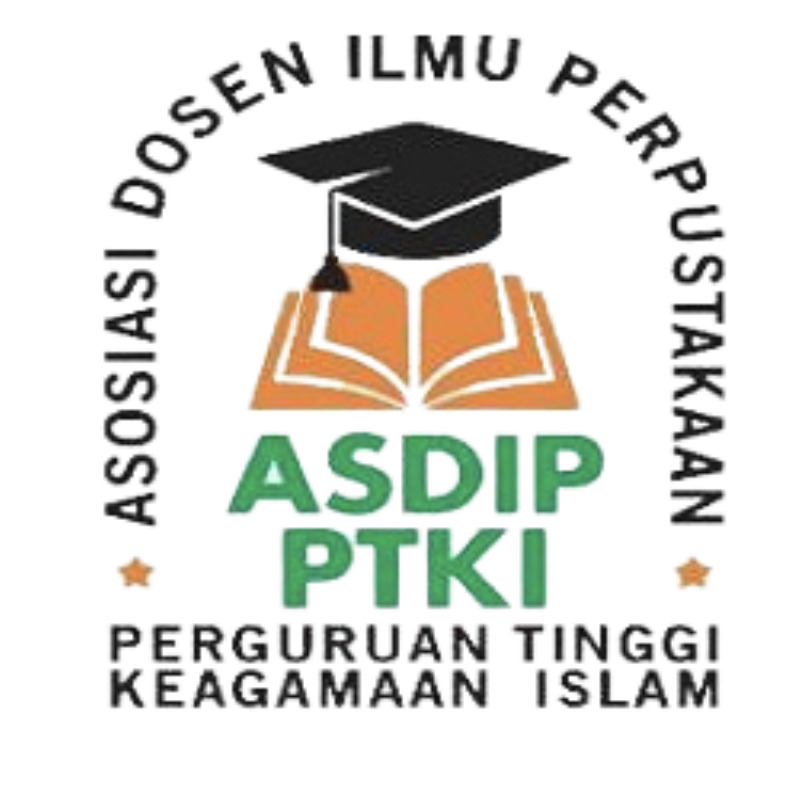Pemanfaatan Koleksi Internasional Pada Layanan Mancanegara Perpustakaan Nasional Republik Indonesia
DOI:
https://doi.org/10.29240/tik.v9i1.12400Keywords:
Utilization of Collections, International Collections, National Library of the Republic of IndonesiaAbstract
This study aims to determine the utilization of international collections in the National Library's International Service. Using qualitative descriptive methods, data collection with data analysis techniques using the Miles & Huberman model, namely by using the techniques: data reduction, data presentation, and drawing conclusions. The results of the study indicate that this collection is in great demand, especially by students, due to a number of obstacles faced by users, such as language barriers and limited collections. Further analysis shows that internal factors such as user needs, interests, and motives, as well as external factors such as the completeness of the collection and librarian skills. Overall, international collections have great potential to support the development of science, but further efforts are needed to overcome obstacles and increase socialization. The results of the study show that this collection is in great demand, especially among students. However, there are a number of obstacles faced by users, such as language barriers and limited collections.
Downloads
References
Asari et al.,(2023) Pemanfaatan Koleksi Referensi Oleh Pemustaka Di Perpustakaan SMA Kemala Bhayangkari 1 Surabaya. Universitas Wijaya Kusuma Surabaya, 1-12
Bestari, M. P. (2016). Implementasi Penyiangan Sebagai Evaluasi Memutakhirkan Koleksi Perpustakaan dalam Mendukung Kualitas Pengajaran di STIE PERBANAS Surabaya. Pustakaloka, 8(2), 211-220.
Islami, G. P. (2021). Analisis Pemanfaatan Koleksi American Corner di Perpustakaan Unand. Literatify : Trends in Library Developments, 2(1), 10–21. https://doi.org/10.24252/literatify.v2i1.18680
Miles, M. B., & Huberman, A. M. (2009). Analisis Data Kualitatif : Buku Tentang Metode-metode Baru.
Mulyana, S. (2020). Kajian Pemanfaatan Koleksi Perpustakaan pada Pegawai Pusat Penelitian Limnologi LIPI. Libria, 12(1), 21. https://jurnal.ar-raniry.ac.id/index.php/libria/article/view/7675
Permana Johar, Asep Sudarsyah, & Yayah Rahyasih. (2023). Penelitian Kualitatif Analisis Data dalam Administrasi Pendidikan. Indonesia Emas Group, 12-13
Sari, R. R., & Nelisa, M. (2023). Pengaruh Layanan Perpustakaan terhadap Pemanfaatan Koleksi Perpustakaan Polda Sumbar. Educaniora: Journal of Education and Humanities, 1(1), 144–155. https://doi.org/10.59687/educaniora.v1i1.23
Satriadi, D. (2021). Evaluasi Pemanfaatan Koleksi Pustaka Di Dinas Perpustakaan Kota Pontianak. Jurnal Pendidikan Dan Pembelajaran …, 1–8. https://jurnal.untan.ac.id/index.php/jpdpb/article/viewFile/47494/75676589681Islami, G. P. (2021). Analisis Pemanfaatan Koleksi American Corner di Perpustakaan Unand. Literatify : Trends in Library Developments, 2(1), 10–21. https://doi.org/10.24252/literatify.v2i1.18680
Sugiyono. (2016). Metode Penelitian Kuantitatif, Kualitatif dan R&D. Alfabeta
Wahyuntini, S., & Endarti, S. (2021). Tantangan Digital dan Dinamisasi Koleksi Dalam Pemanfaatan Koleksi Perpustakaan Bagi Prestasi Belajar Mahasiswa. ABDI PUSTAKA: Jurnal Perpustakaan Dan Kearsipan, 1(1), 1–6. https://doi.org/10.24821/jap.v1i1.5909
Downloads
Published
Issue
Section
Citation Check
License
Copyright (c) 2025 Yelen Deni Sari Johan, Fransiska Timoria Samosir, Lailatus Sa’diyah

This work is licensed under a Creative Commons Attribution-NonCommercial-ShareAlike 4.0 International License.
Authors who publish with Tik Ilmeu : Jurnal Ilmu Perpustakaan dan Informasi agree to the following terms:
- Authors retain copyright and grant the journal right of first publication with the work simultaneously licensed under a Creative Commons Attribution-NonCommercial-ShareAlike 4.0 International License (CC BY-NC-SA 4.0) that allows others to share the work with an acknowledgment of the work's authorship and initial publication in this journal.
- Authors are able to enter into separate, additional contractual arrangements for the non-exclusive distribution of the journal's published version of the work (e.g., post it to an institutional repository or publish it in a book), with an acknowledgment of its initial publication in this journal.
- Authors are permitted and encouraged to post their work online (e.g., in institutional repositories or on their website) prior to and during the submission process, as it can lead to productive exchanges, as well as earlier and greater citation of published work (See The Effect of Open Access).







 This work is licensed under a
This work is licensed under a 